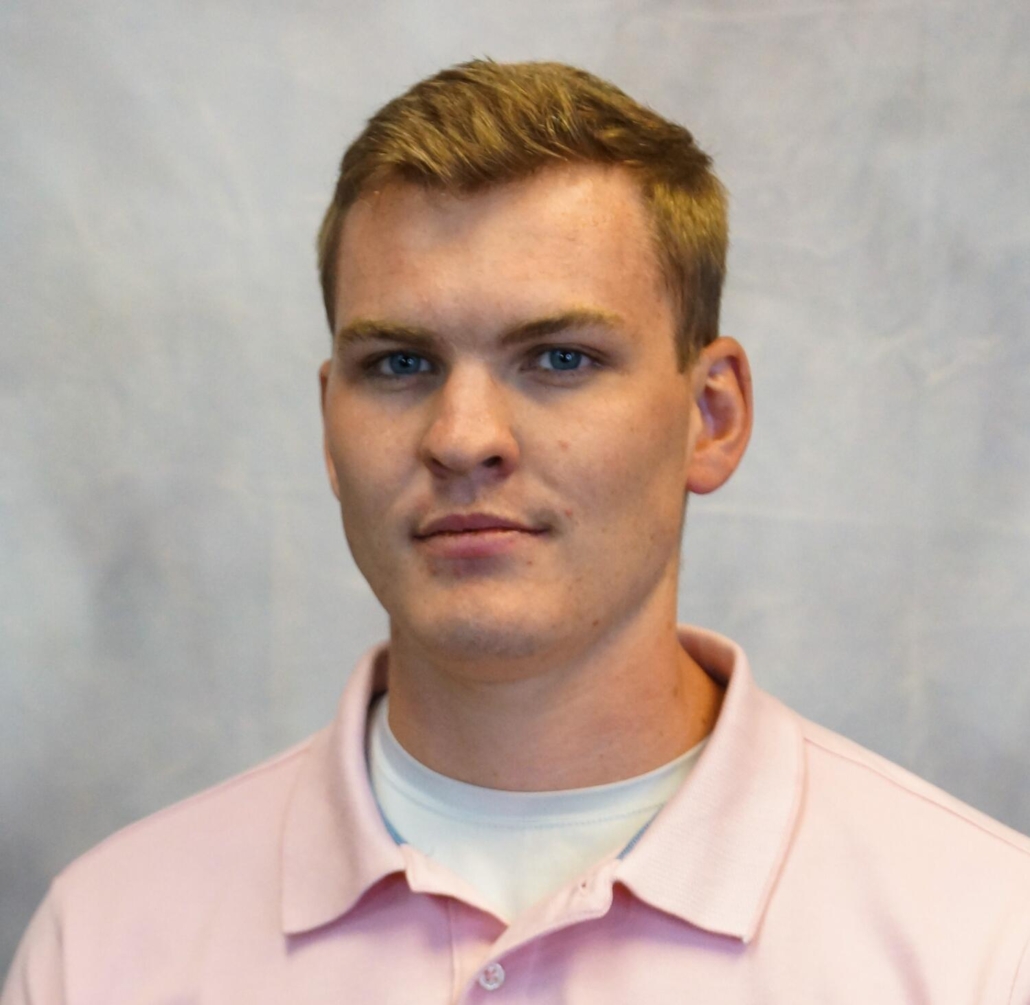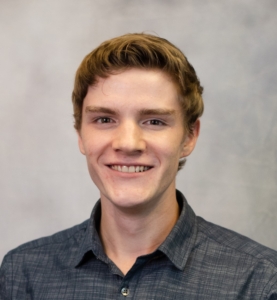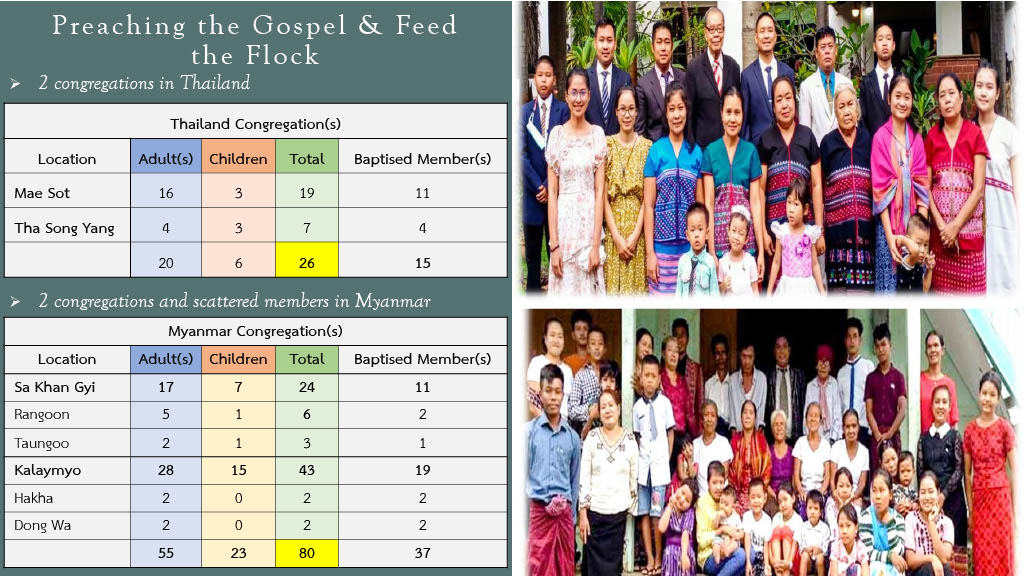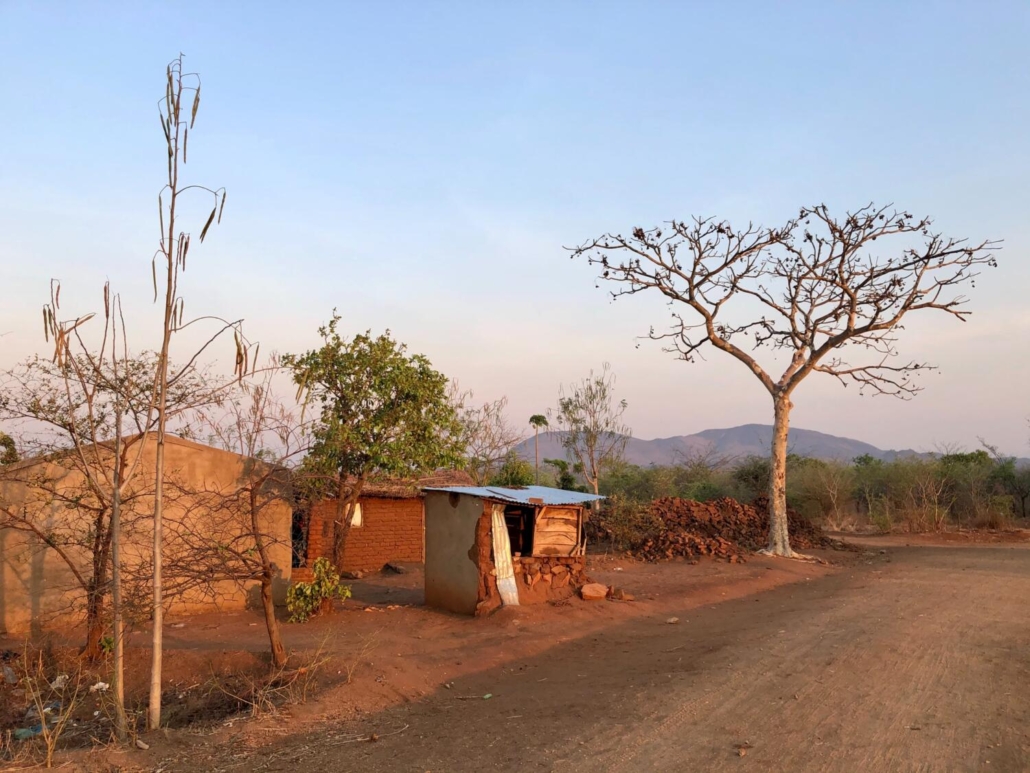Church Administration—the Story in Stats!
Author: Kaleb Johnson | Student, Living Education – Charlotte, 2022-23
Estimated reading time: 4 min.
In a recent forum, the students learned about the impact of the Church Administration Department from a Tomorrow’s World presenter, Mr. Rod McNair.
Mr. McNair laid out the purpose of the Church Administration Department: serve, edify, and support the worldwide ministry. This responsibility is outlined in many scriptures, and Mr. McNair pointed to John 21:15-17. Here, Christ tells Peter three times to care for the flock. There are two words used; one translated “feed” and one meaning “tend,” which involves leading, ruling, and governing the flock. The Church Administration Department fulfils both responsibilities, and Mr. McNair told us how with a compelling story—a story based on statistics.
The Work and Tomorrow’s World Presentations
0 – the number of “coworkers” Noah had after a 100 years of warning. “Now that,” Mr. McNair said, “would be discouraging.” We are getting responses, and the world is not quite as evil as it was then.
33,880 – attendees of Tomorrow’s World Presentations from 2006 – 2023. This is not a small number—especially compared to the responses Noah’s ministry received.
1.8 – percentage of people who respond to TWP invitations. This is an average from 2006 to 2023.
3.9 – percentage of people who respond to TWP invitations in countries outside of the US. The work is growing in other countries; people there are more interested than those in the US.
1535 – Tomorrow’s World Presentations since 2006. Mr. McNair explained that they studied the results of these presentations and found that, regardless of how many guests attended, about the same number of guests began attending Services per presentation. It makes sense to have more presentations in more areas with a smaller guest size.
The Ministry
415 – congregations in 60 different countries.
2,600 – youth in the church (0 – 17 years old). That’s a lot. “We,” Mr. McNair explained, “are not just an older church!”
6,527 – baptisms since January 1999 (LCG foundation). The work is not done yet. It did not end with Mr. Armstrong, nor is it up to us to decide when it is over.
5,740 & 6,530 – members/prospective members in the United States versus outside the United States. The international work is outgrowing the work in America. Nonetheless, Mr. McNair explained that America has been a considerable part of the overall Work.
99 – brethren with no congregation near them. These brethren live in 34 different countries, and in some cases, are the only Church members in their nations.
60,000 – Personal Correspondence Department responses from 2004 to 2022. The PCD has helped feed the flock by giving answers and guidance to countless people through the years.
500 – sermons transcribed for deaf members and translators. Mr. McNair explained the Church’s transcribing team, many members of which are volunteers, that works to create written copies of sermons for those who cannot hear or need to translate sermons into a different language for brethren.
15 – number of languages in which our material is available. Brethren around the world are able to receive spiritual nourishment from the Church due to the efforts and zeal of members who help with translation.
Giving Meat in Due Season
Mr. McNair concluded the story of stats by referring to a passage in the gospel of Matthew:
“Who then is a faithful and wise servant, whom his master made ruler over his household, to give them food in due season? Blessed is that servant whom his master, when he comes, will find so doing.”
Matthew 24:45-46
These scriptures reveal a blessing, as well as a warning, for God’s Church in the end times. The Church must give food in due time to God’s elect. It must fulfil Christ’s admonition to feed and tend the flock. If that servant does not, God will reject him from the Kingdom of God and the family of God, and “there shall be weeping and gnashing of teeth” (Matthew 24:51). Mr. McNair concluded by affirming that the Church Administration Department will continue to give food in due season to God’s elect, as it has for years.

Kaleb Johnson is a student in the Living Education-Charlotte Program. He graduated with a degree in Chemical Engineering from the University of Alabama in Huntsville in the spring of 2022. In addition, Kaleb enjoys writing, video-making, trying new activities (anything and everything), playing chess, and debating (it’s not arguing!) with people. He currently works in the Living Education department producing written content & videos and helping with a variety of other projects.





